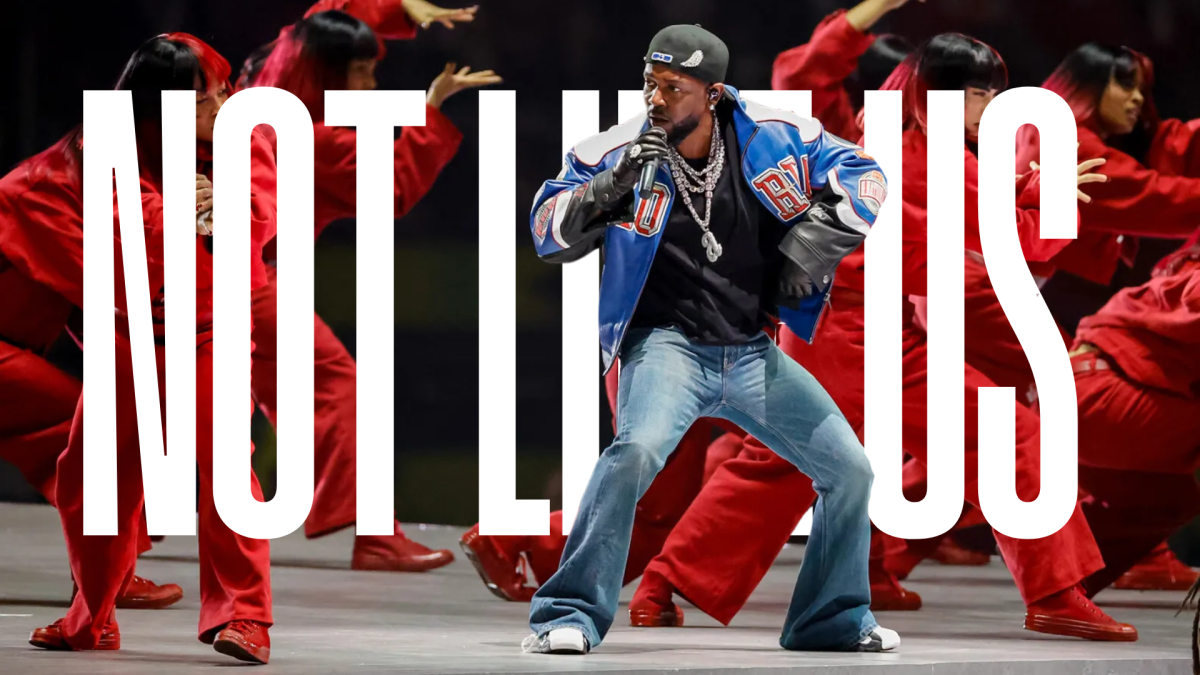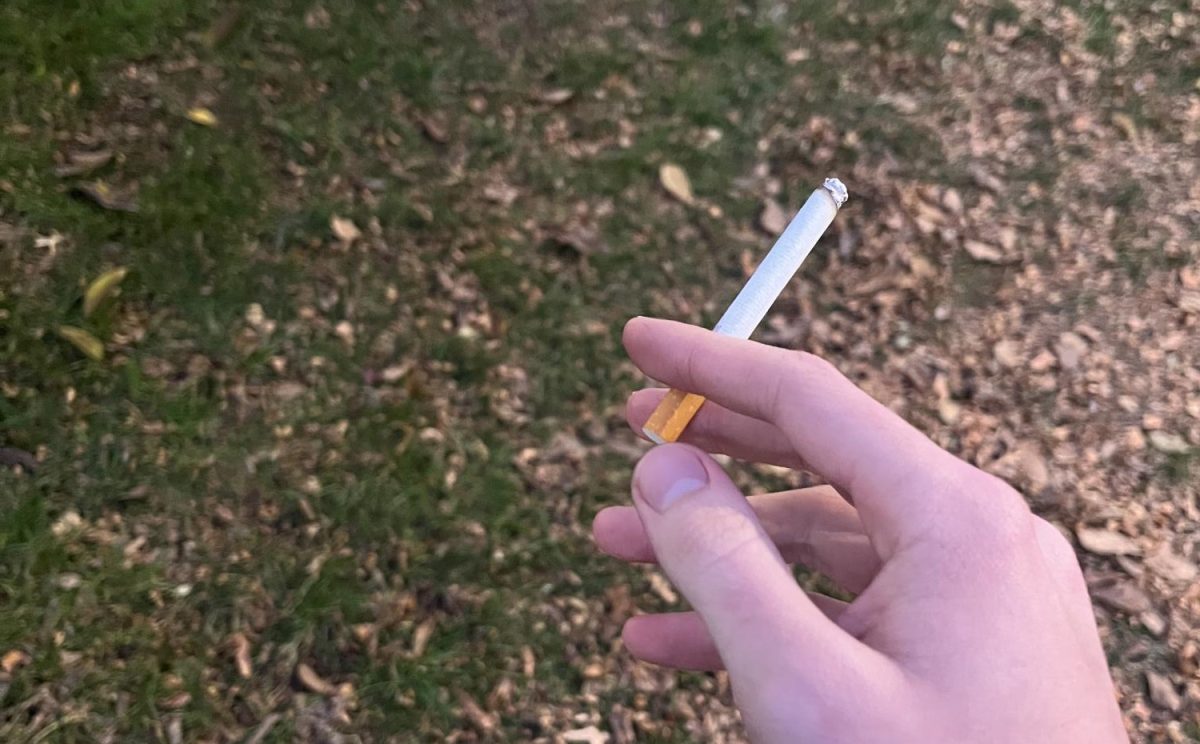Kendrick Lamar is easily the biggest hater in our generation, no questions asked. In the past year, he decimated pop musician Drake, won five Grammys and headlined the Super Bowl LIX Halftime Show. He did all of this with his diss track, “Not Like Us” where he accused Drake of pedophilia. Lamar made controversial statements, but it was met with acceptance from almost the entire world with other artists jumping in on the Drake diss. This beef took over the summer with listeners praising Kendrick and standing united on hating Drake.
However, amidst all this, Lamar proved that if people are loud about the things they want to protest against, it’ll garner attention and support. The song “Not Like Us” provides a model of success that can be applied to other scenarios, particularly in student activism.
Columbia University has been a major center of U.S. student activism for years. In 1968, students at Columbia protested against the Vietnam War and Columbia’s support of the war and drafting students with low grades. They occupied Hamilton Hall and the president’s suite in an attempt to get them to divest from the war. After brutal showings of power from Columbia and the NYPD (they gave students and innocent bystanders head wounds), Columbia divested from the war and stopped sending students to their deaths.
Around the time “Not Like Us” was released, students protested at Columbia University, demanding divestment from companies with financial ties to Israel. During this protest, students set up encampments across the campus. The situation escalated once Columbia chose to call the NYPD to break up the encampment, raid the campus and arrest students. These actions sparked protests at other colleges across the entire nation as students stood up for divestment from Israel.
The song “Not Like Us” became an anthem for change for these students along with the song “Hind’s Hall,” released by American rapper Macklemore on May 6, 2024. The title, “Hind’s Hall,” references pro-Palestinian activists’ renaming of Hamilton Hall at Columbia University in honor of Hind Rajab, a six-year-old Palestinian girl killed by Israeli forces in the Gaza Strip. These songs, both indirectly and directly, show the power of numbers and community when people stand on a united front.
Protests in solidarity with Gaza reached Fordham University in May of 2024, specifically at Lincoln Center. While students encamped in the lobby of Leon Lowenstein Center, protesters gathered outside demanding divestment from Israel. These students called for the liberation of Palestine from occupation by the Israeli military and stayed resilient in the face of pressure from Fordham’s administration and the NYPD. They argued Fordham removing and arresting nonviolent students protesters violated their right to protest Fordham’s ties to the occupation in Palestine. In the end, 11 students and four alumni were arrested, and the arrested students were also suspended. This fight didn’t start last year, rather it dates back to 2016 when Fordham Students for Justice in Palestine (SJP) fought to become an officially recognized club at Fordham. Initially, the Dean of Students overturned United Student Government’s decision to admit SJP as a club because SJP’s goals “clearly conflict with and run contrary to the mission and values of the University.” The members of the club took Fordham to court and, in 2019, the students won their case and SJP was admitted as a club. However, Fordham appealed this decision to the New York State Supreme Court and it was overturned in 2021, reinstating Fordham’s ban against SJP. At the encampment of Lowenstein, their strength reappeared as they came out swinging for justice.
The more outrageous SJP is in calling out our injustices, the more they’ll be heard and actualized. When looking at history, things have never changed through quiet inaction. History is always changed when people stand up and advocate for the things they want. When the emotions of protestors come together, they’re amplified and attract more people to the cause. This was exactly the case with the success of “Not Like Us,” “Hind’s Hall” and college protests across the country.
Humanity’s greatest strength is its diversity and ability to unite behind a cause we all agree with. We may need to challenge institutions when they claim to want the best for us, but that’ll never stop brave advocates who are determined to stand up for what they believe in.
Gabriel Capellan, FCRH ’28, is a journalism major from Bronx, NY.






































































































































































































